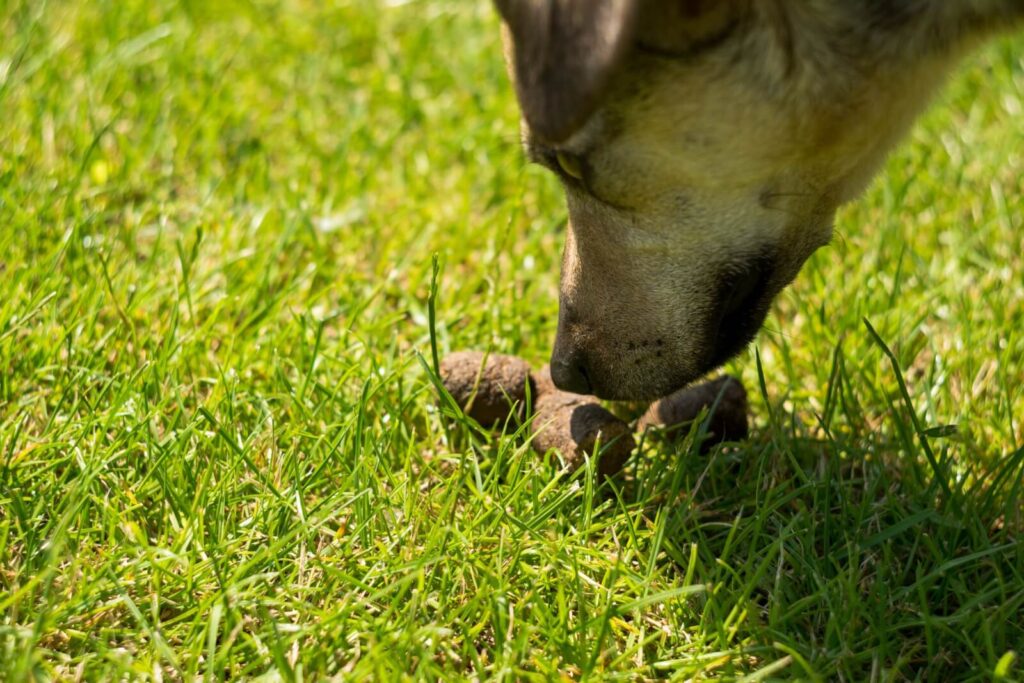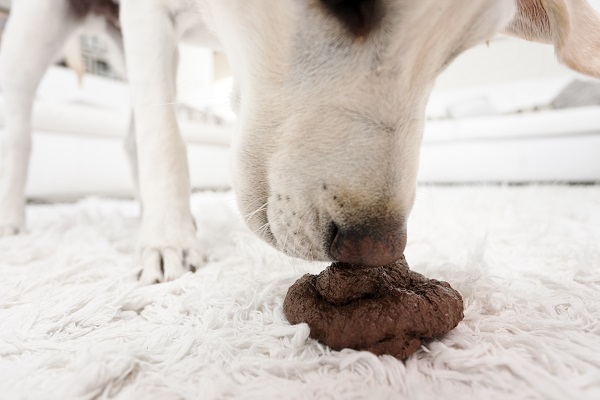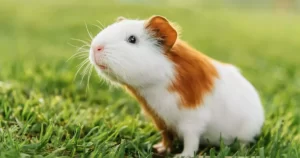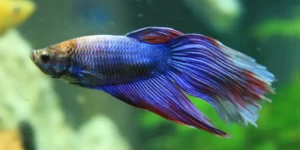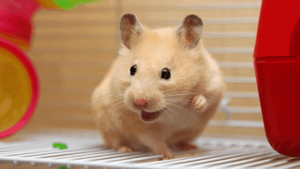Why Do Animals Eat Feces?
Coprophagia, which is the act of an animal eating feces, is a fairly common and intriguing behavior. Although it can be perplexing for pet owners, it’s important to understand the possible reasons behind this behavior.
One of the most common reasons for animals to eat feces is curiosity. Animals, by nature, are explorers and may investigate different things, including feces, to gather information about their environment. They may also be attracted to the smell or taste of fresh feces. For some animals, eating feces can be a way to explore the world around them.
Stress and anxiety can also play a role in coprophagia. Animals that are bored, anxious, or exposed to stressful situations may engage in inappropriate behaviors like eating feces as a way to relieve tension or seek attention from their owners. In such cases, it’s important to identify the underlying causes of stress and provide the animal with appropriate activities, mental stimulation, and a safe and enriched environment.
Additionally, some animals may develop the habit of eating feces due to conditioning or learned behavior. If an animal has been punished or reprimanded for defecating in inappropriate locations, it may start eating its feces as a way to eliminate evidence and avoid negative consequences. This negative association can lead to a vicious cycle where the animal continues to repeat the behavior.
In addition to the mentioned reasons, it is important to consider other factors that may contribute to coprophagia in animals.
One reason that may lead animals to eat feces is imitation. If an animal observes other pets or animals at home consuming feces, it may begin to imitate that behavior. This is why it is crucial to monitor the interaction between pets and prevent them from accessing each other’s feces.
Keep reading about: Why pet eat feces
Lack of hygiene can also influence an animal’s behavior. If feces are not promptly removed from the animal’s environment or the area they walk in, the animal may be attracted to the smell and decide to consume them. Keeping the area clean and free of feces can help discourage this behavior.
Some health issues may also be related to coprophagia. Digestive problems, such as poor nutrient absorption, imbalance in the gut flora, or intestinal parasites, can lead the animal to seek additional nutrients from feces. It is important to consult a veterinarian to investigate possible health issues and obtain appropriate treatment if necessary.
In summary, coprophagia is a common behavior, but it can be perplexing for pet owners. Understanding the possible reasons behind this behavior and taking appropriate measures to address it will help ensure the well-being of the animal and promote a healthy and hygienic environment.
Read more about pets.
Read more about pet food.
